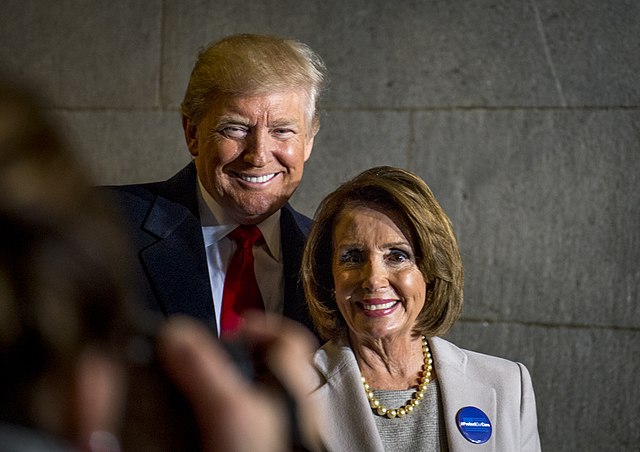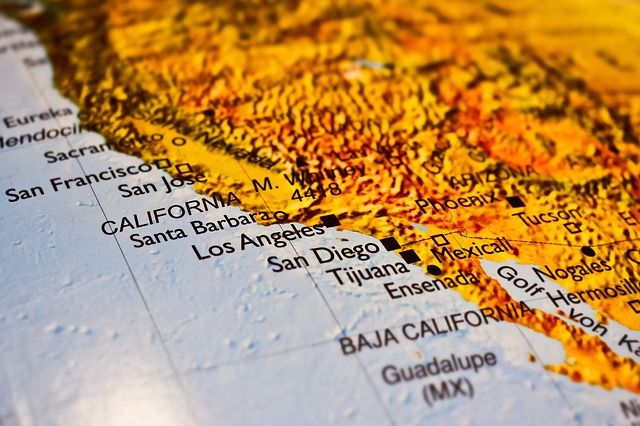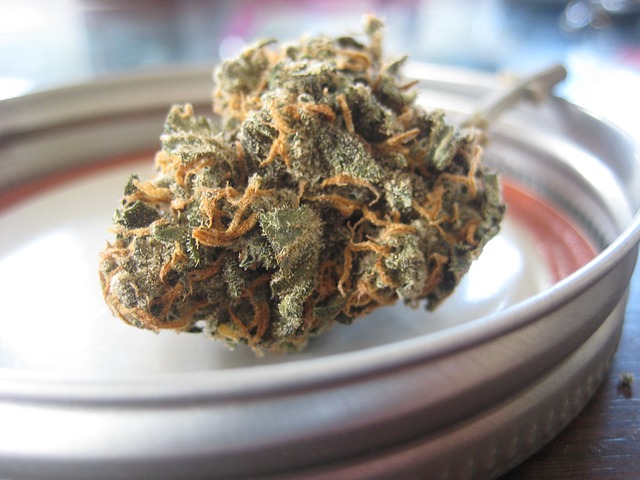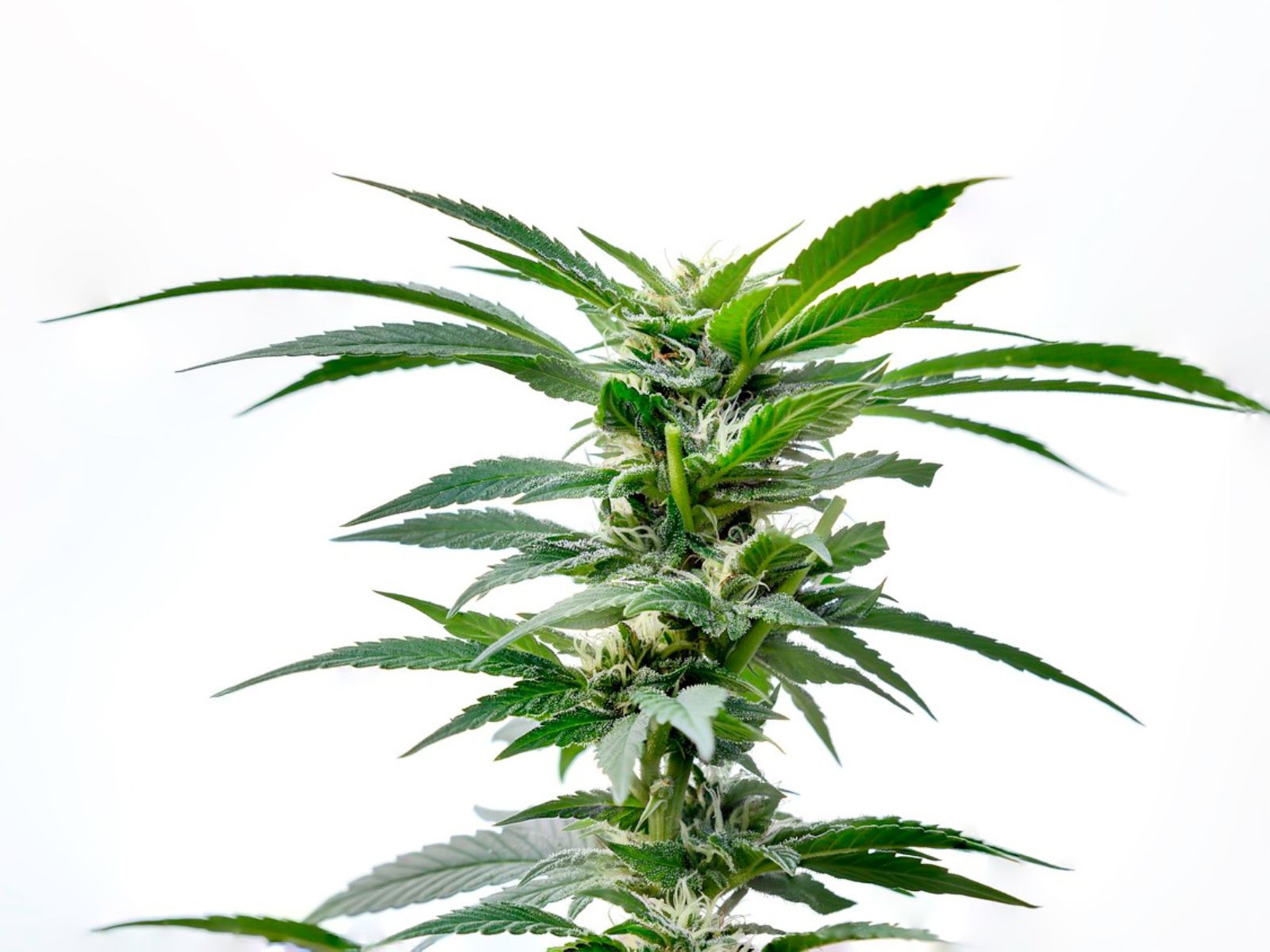
High Taxes Rock the Boat for California Dispensaries

High Taxes Rock the Boat for California Dispensaries
Just a few weeks past the rollout of California’s Prop 64, cannabis sales for legal adult use have begun in spurts in counties and municipalities which allow for permitting of such activities. Many cities and counties are still wary of the new law, implementing bans against cannabis operations or strongly restricting availability for such licenses. The places which do allow for sales and manufacturing are doing so less for the principle of freedom and more for the principle of money, that is to say, revenue from new taxes. Current estimates for a year’s worth of tax revenue in the giant cannabis market that exists in California are around $1 billion per year. That’s fantastic for needed state infrastructure but what about needed state entrepreneurship or keeping consumers out of the black market?
Prop 64 allows the State to garner a 15% excise tax on sales. But the State can also collect tax separately from cultivation, which obviously passes on to the consumer. Then there are state and local sales taxes, on top of local use taxes, and while these local taxes fall into variable rates, the end truth is that everyone has their hand out. When you add up the various ways in which government is taking their piece of the pie, taxes on recreational cannabis could go up an estimated 45%.
From the Santa Rosa Press Democrat:
“It’s sticker shock for marijuana customers since Jan. 1, when clerks began adding a whole slate of new taxes to both medical and nonmedical pot purchases. Industry experts have estimated the new tariffs — cultivation, excise and sales taxes — add up to a 40 percent increase in the cost of pot this year versus 2017.
“…Marijuana prices are expected to plummet in California once large-scale cultivation and manufacturing production gets underway and the above-board supply expands. But it could take a year or more for supply to drive prices down.
“At SPARC’s dispensary Tuesday on North Dutton Avenue in Santa Rosa, contractor Jesse Knapp paid $120 for several varieties of cannabis flowers and edibles like chocolates, which he guessed would have cost him about $30 less in 2017.”
Time has yet to tell how these new cost structures will affect market supply and demand, but it’s clear that California is flirting with the very edge of reality when it comes to smart business practice. The opportunities for the Golden State to create new jobs and generate revenue are there, but prices matter, as the regulated system will find competing with the illegal market very difficult. Let’s hope things even out soon for both producers and consumers so that we can actually call this change in policy an end to cannabis prohibition.
The International Cannabis Business Conference in San Francisco on February 1-2, is a great opportunity for the California cannabis community to share information, network, and network. It’s clear that taxes and regulations are going to impact prices to consumers, which impacts the bottom line for businesses and the overall success of the legalization market.
With California Cannabis Czar Lori Ajax in attendance, the ICBC will provide a great opportunity to be heard and to have your questions answered by the top regulator in the state. With top entrepreneurs and advocates in attendance, it is also a great opportunity to unite and organize around needed reforms that will help ensure a bright future for the California cannabis community.
The San Francisco ICBC is just a few days away. Get your tickets today!
Share article
Ticket Prices increase €200
On March 18th

Ticket Prices increase €200
On March 18th

Ticket Prices increase €200
On March 18th
Share article
Join Our Awesome Community
Join Our Awesome Community
Join Our Awesome
Community
Get all the latest industry news
delivered to your inbox







